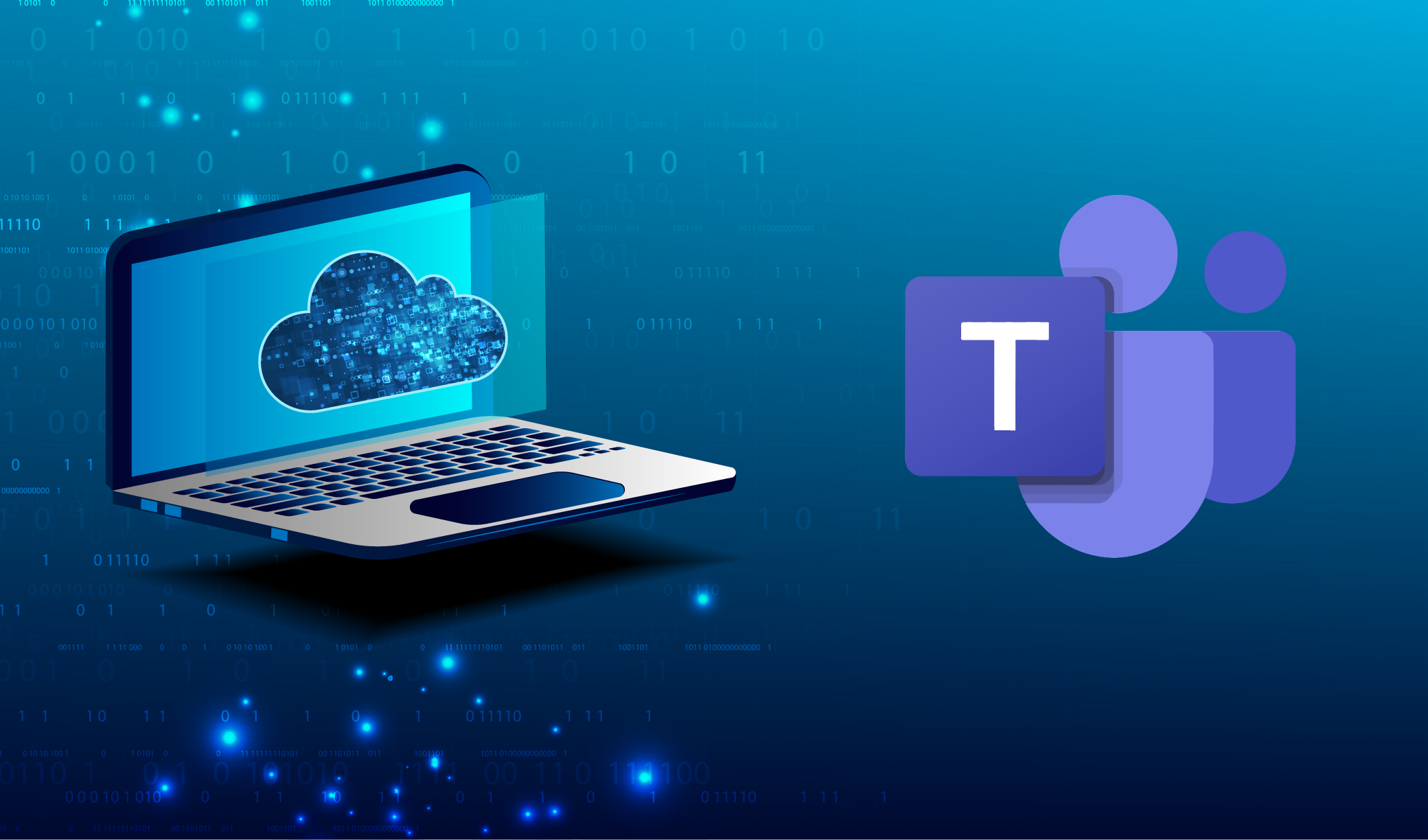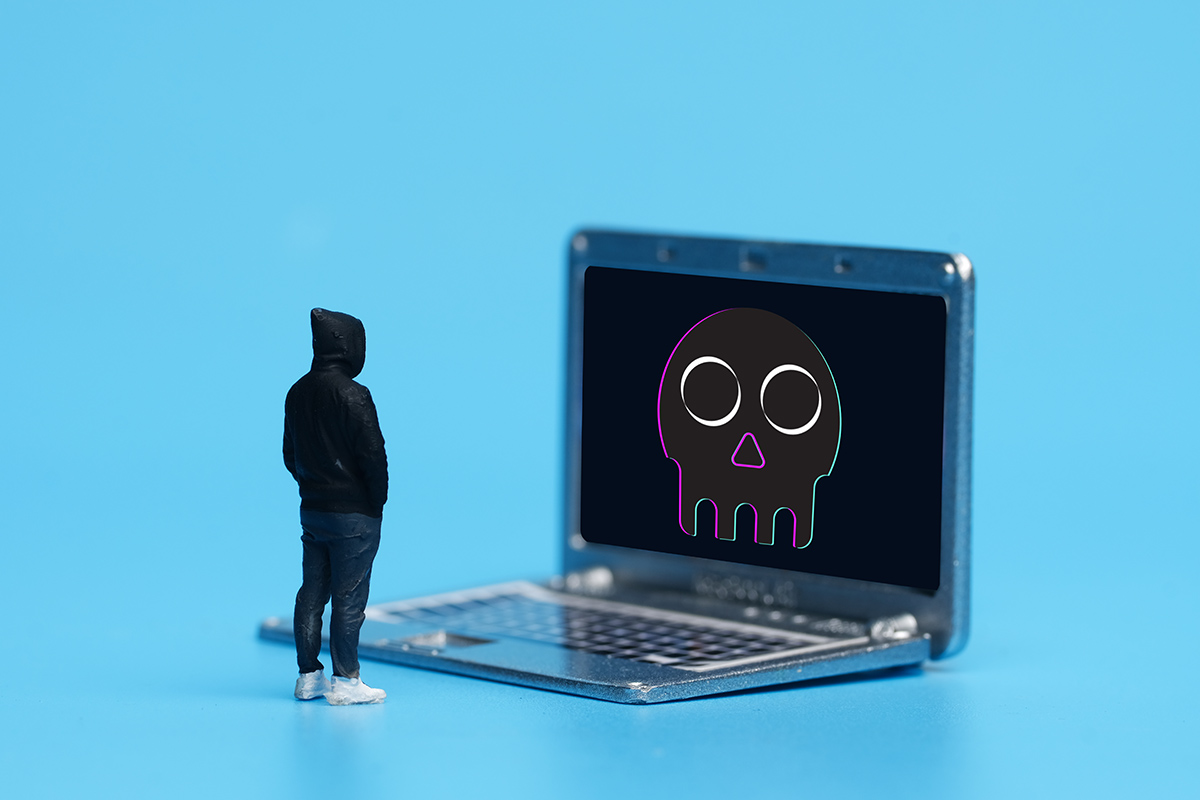Cybercriminals are exploiting Microsoft Teams to deceive users into installing remote access tools, granting attackers control over victims’ systems.
The attack begins with a series of phishing emails, followed by a Teams call from an individual impersonating a trusted contact.
During the call, the attacker instructs the victim to download a remote support application, such as AnyDesk, under the guise of providing assistance.
Once installed, the attacker gains full access to the victim’s machine, deploying malware like Trojan.AutoIt.DARKGATE.D to execute malicious commands and connect to command-and-control servers.
Expert Analysis:
This incident underscores the increasing sophistication of social engineering attacks, where adversaries leverage legitimate communication platforms to establish trust and manipulate victims.
The seamless integration of phishing, impersonation, and remote access tools highlights a multifaceted threat that traditional security measures may struggle to detect.
Organizations must enhance their security awareness training, emphasizing the verification of unsolicited support requests and the dangers of installing unverified software.
Implementing strict controls over the use of remote access tools and enforcing multi-factor authentication can further mitigate such risks.
Failure to adapt to these evolving tactics will leave systems vulnerable to compromise, data theft, and operational disruption.
Read the full article here.




